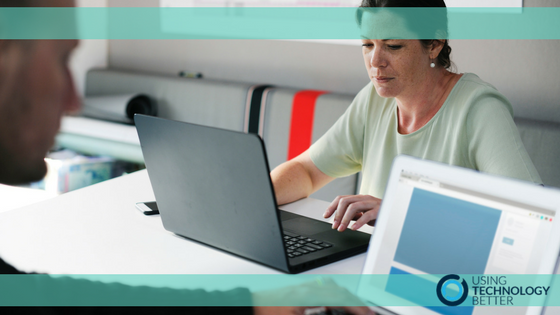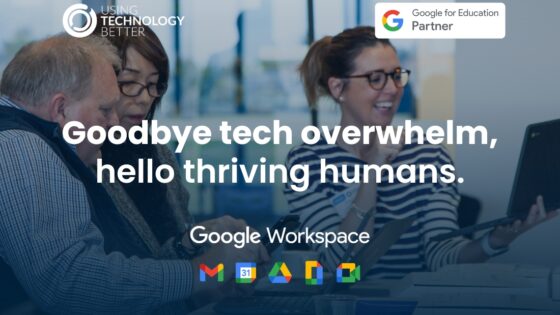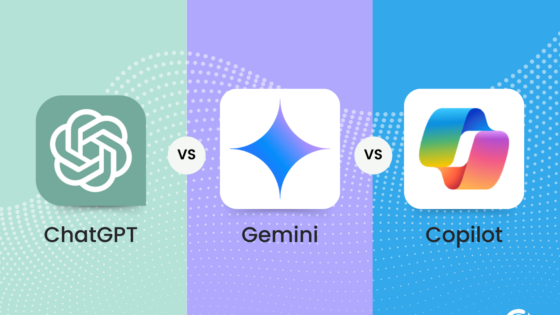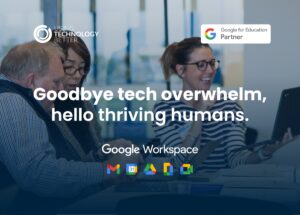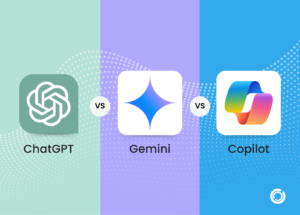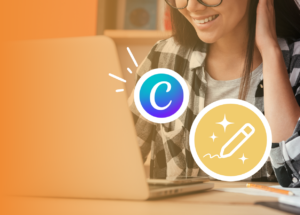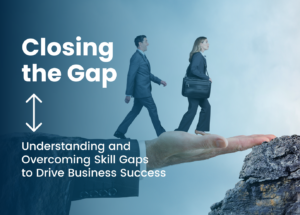Professional development is an essential part of helping teachers integrate new digital technologies into their classrooms. Many schools will require their teachers to undertake technology PD this year. However, most of them will probably see little change in the quantity and quality of technology integration after the PD. Why? Because the common ‘tick-off’ or ‘kick-off’ approach to professional development is not effective. While it might be convenient and cost-effective to schedule a one-day ‘kick-off’ workshop for all staff and ‘tick-off’ technology PD for the year, this approach is unlikely to have much impact on teacher skills or student learning.
Here are four ways that schools can break free of this approach and make their professional development programs more effective:
– Plan for an ongoing professional development process.
– Include follow-up activities.
– Differentiate PD based on subject area and skill level.
– Provide time and space for teachers to actively and meaningfully engage with session content.
[bctt tweet=”Tick-off” or “kick-off” PD is not effective. Here are four ways schools can make their PD programs better” username=”samvardanega”]
Let’s explore each of these in more detail.
1. Plan for an ongoing professional development process
A single PD event is simply not enough. The most important thing schools can do to improve their professional development is to consider it an ongoing process – not a stand-alone event. In our experience, the most effective PD programs involve numerous tailored, small-group sessions over an extended period of time. This allows teachers to take small, frequent steps along their personal technology integration path. The key is to give teachers training in just the right tool at just the right time to help them feel successful with their technology use. It’s common for schools to overestimate what they can achieve in a short period of time, but underestimate what can be achieved over a longer period.
[bctt tweet=”The most important thing schools can do to improve their professional development is to consider it an ongoing process – not a stand-alone event.” username=”samvardanega”]
2. Include follow-up activities
These should be part of an ongoing PD process. Many teachers leave technology PD sessions with good ideas and intentions, but face difficulties when trying to make changes in their own classrooms. It is at this point that teachers most need support and guidance. They need someone to check-on on their progress and help them overcome their difficulties. Without this follow up, teachers can be left feeling inadequate and schools left wondering why they aren’t achieving the changes they were hoping for. Schools should allocate the time and budget needed to allow teachers to get ongoing support from their professional development providers (whether internal or external).
3. Differentiate PD based on subject area and skill level
For teachers to get value from professional development, they need to see a direct relevance to their own subject areas. The PD also needs to be pitched at a level that is appropriate to their skills and knowledge. This is a key reason why teachers get frustrated with large-group, generic PD sessions. In this situation, even the best facilitator cannot possibly make their session personally relevant and paced to every teacher in the room. A more effective approach is small group, subject area sessions where teachers can discuss classroom implementations that are relevant to them and their students. Teachers at a lower or higher skill level also greatly benefit from one-on-one sessions where the trainer can completely customise the session to meet their needs.
4. Provide time and space for teachers to actively and meaningfully engage with session content
The best professional development experiences include time for teachers to practice skills, discuss possibilities, reflect on their own practice and plan an implementation of what they have learnt. However, too often this is sacrificed in order to cram more content into a session, usually because the PD program only involves one session or is trying to meet the needs of a diverse audience. This is just another reason why it is far more effective to spread content over multiple sessions and stream teachers by subject and skill level where possible. Without time to reflect, practice and plan during or immediately after a technology PD, many teachers are likely to step back into their busy lives and never implement what they have learnt.
[bctt tweet=”The best PD includes time for teachers to practice skills, discuss possibilities, reflect on their own practice and plan an implementation of what they have learnt.” username=”samvardanega”]
Professional development programs with these characteristics are far more likely to help schools achieve meaningful and sustained gains in classroom technology use. While this type of PD may involve more time and money, it is much better value than ‘tick-off’ or ‘kick-off’ sessions with content that never gets implemented. It is also more likely to succeed in building teachers competence and confidence with technology, rather than contributing to their sense of confusion or frustration.
If your school wants to implement a professional development program that really works, contact us now to help you plan a customised strategy that includes these four essential characteristics.



